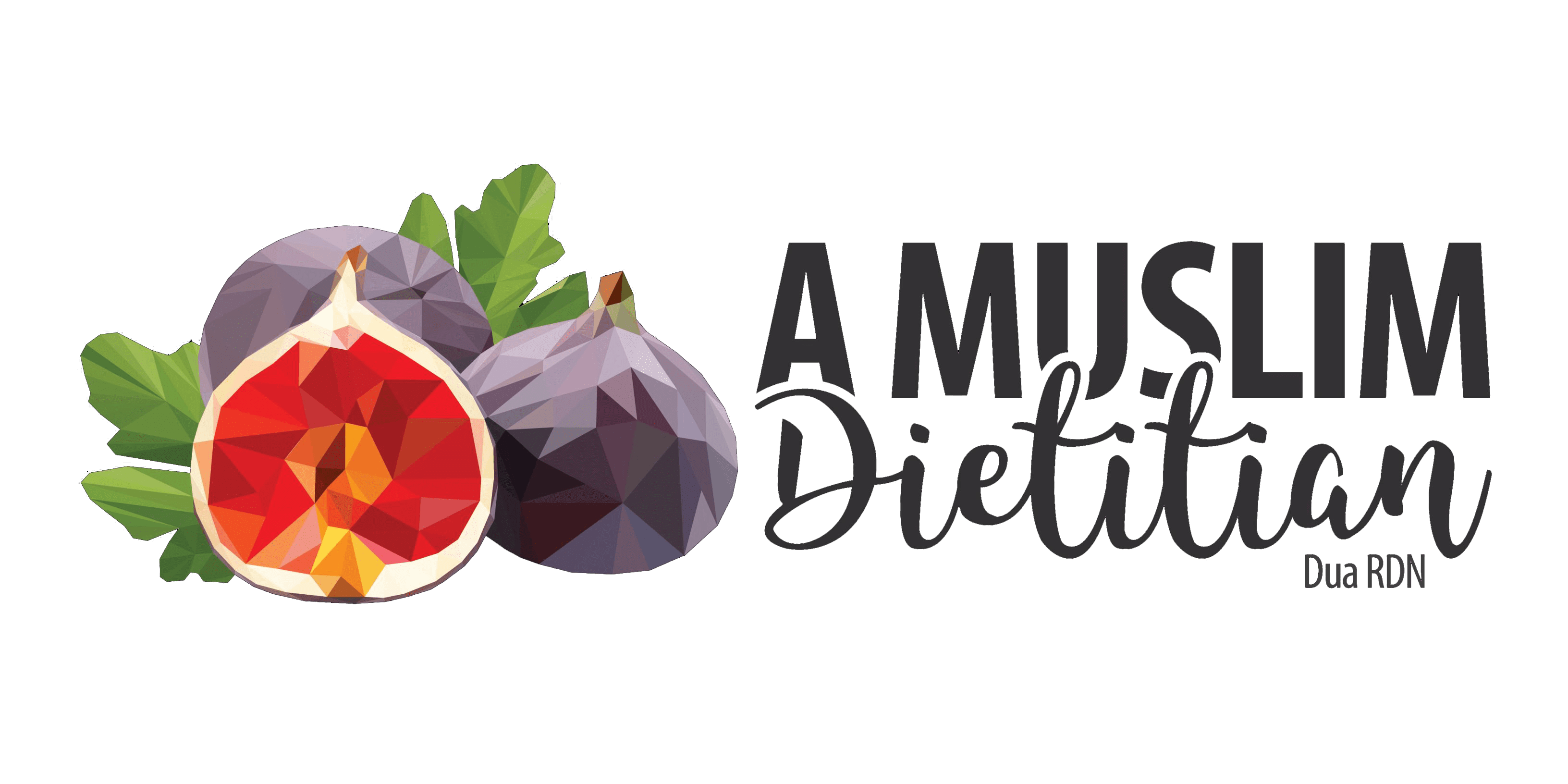Mary Lee is a researcher for the sleep science hub Tuck.com. She specializes in sleep’s role in mental and physical health and wellness. Mary lives in Olympia, Washington and shares her full-sized bed with a very noisy cat.
Food can influence all aspects of health, including how well you sleep. Generally speaking, when you eat well, you are in a better position to sleep well. If you’re having a hard time sleeping, one of the factors you should consider is your diet, and especially what you’re eating before you go to sleep.
How Food Can Support Healthy Sleep
Foods that are rich in tryptophan, carbohydrates, calcium, magnesium, melatonin, and vitamin B6 are supportive of healthy sleep. Some of the best foods for sleep include milk, cheese, eggs, nuts, fish, beans, rice, oats, leafy greens, fruits, and vegetables.
Tryptophan and Sleep
You’re probably familiar with the sleep inducing effects of tryptophan from Thanksgiving dinner. Although the heavy meal and carbohydrate laden sides are a major factor in holiday sleepiness, the tryptophan in turkey certainly plays a part and can offer improved sleep quality. Tryptophan helps the body produce serotonin, which creates melatonin, the hormone that supports your sleep and wake cycles.
Tryptophan rich foods include:
- Milk, cheese and other dairy products
- Eggs and other protein rich foods
- Nuts
- Fish
- Beans
Carbohydrates and Sleep
Carbohydrates can have a similar effect, as carbohydrates can support production of tryptophan. Paired with healthy fats, carbohydrates and encourage feelings of sleepiness. Complex carbohydrates are an especially good choice and can help keep your blood sugar stable as you sleep.
Carbohydrate rich foods that may be a good choice for sleep include:
- Pasta
- Potatoes
- Rice
- Bread
Calcium and Sleep
Calcium can support healthy sleep cycles. Research has found increased levels of calcium during REM sleep, and disturbed REM sleep may be due to a calcium deficiency. You can get good calcium servings with foods including:
- Milk, cheese, yogurt, and other dairy products
- Leafy greens
Melatonin and Sleep
Melatonin supplements are a popular sleep aid, but you don’t necessarily have to take a supplement to get its benefits. You can simply eat food that’s rich in melatonin to get the benefit of this hormone that tells you when it’s time to feel sleepy and get to sleep.
You can benefit from melatonin rich foods including:
- Nuts, particularly walnuts
- Bananas
- Cherries
- Oats
- Tomatoes
Eating a Healthy Diet for Healthy Sleep
Other foods that can help you sleep better include those rich in vitamin B6 and magnesium. These include:
- Fish
- Garlic
- Pistachios
- Almonds
- Chickpeas
- Whole grains
Foods to Avoid for Sleep
Although some foods can be helpful for sleep, others may be detrimental to sleep. They include:
- Caffeinated food, including coffee, tea, or chocolate
- Alcohol, which can reduce the quality of your sleep
- Spicy food, which can trigger heartburn or acid reflux
- Junk food with excessive sugar or fat
It’s best to eat a healthy diet throughout the day. However, if you can’t give up coffee or junk food, make sure you’re at least limiting your consumption at night. Consuming caffeine or heavy meals late at night can be especially harmful for sleep, leaving you feeling too jittery to fall asleep, or making your body work on digestion when it should be focusing on rest.
For references and more science – check out this article on Tuck.com.
